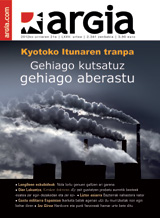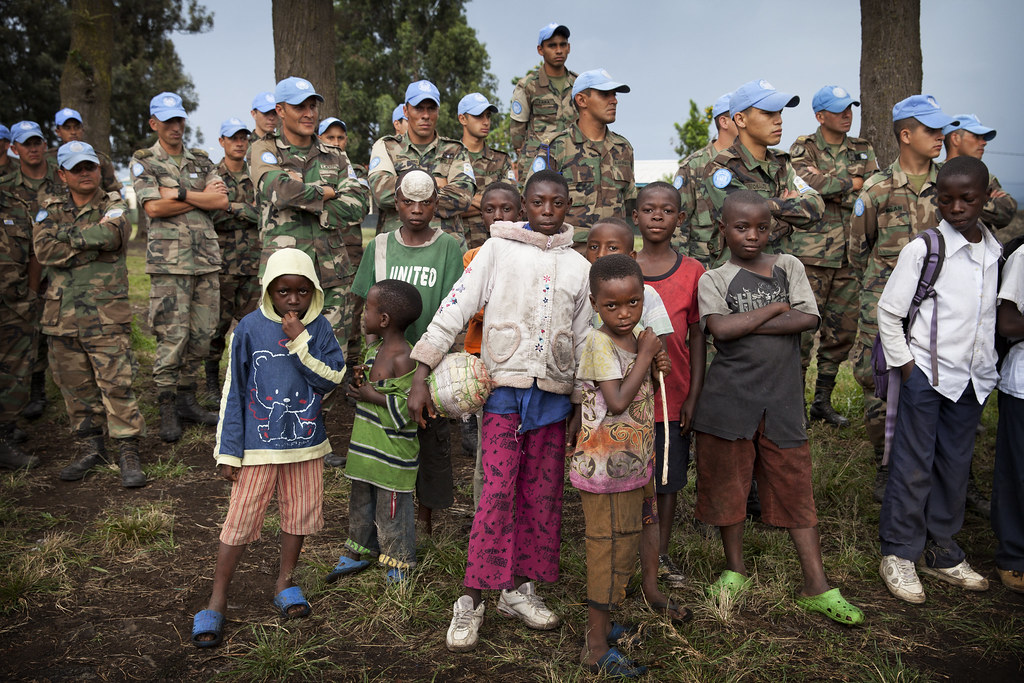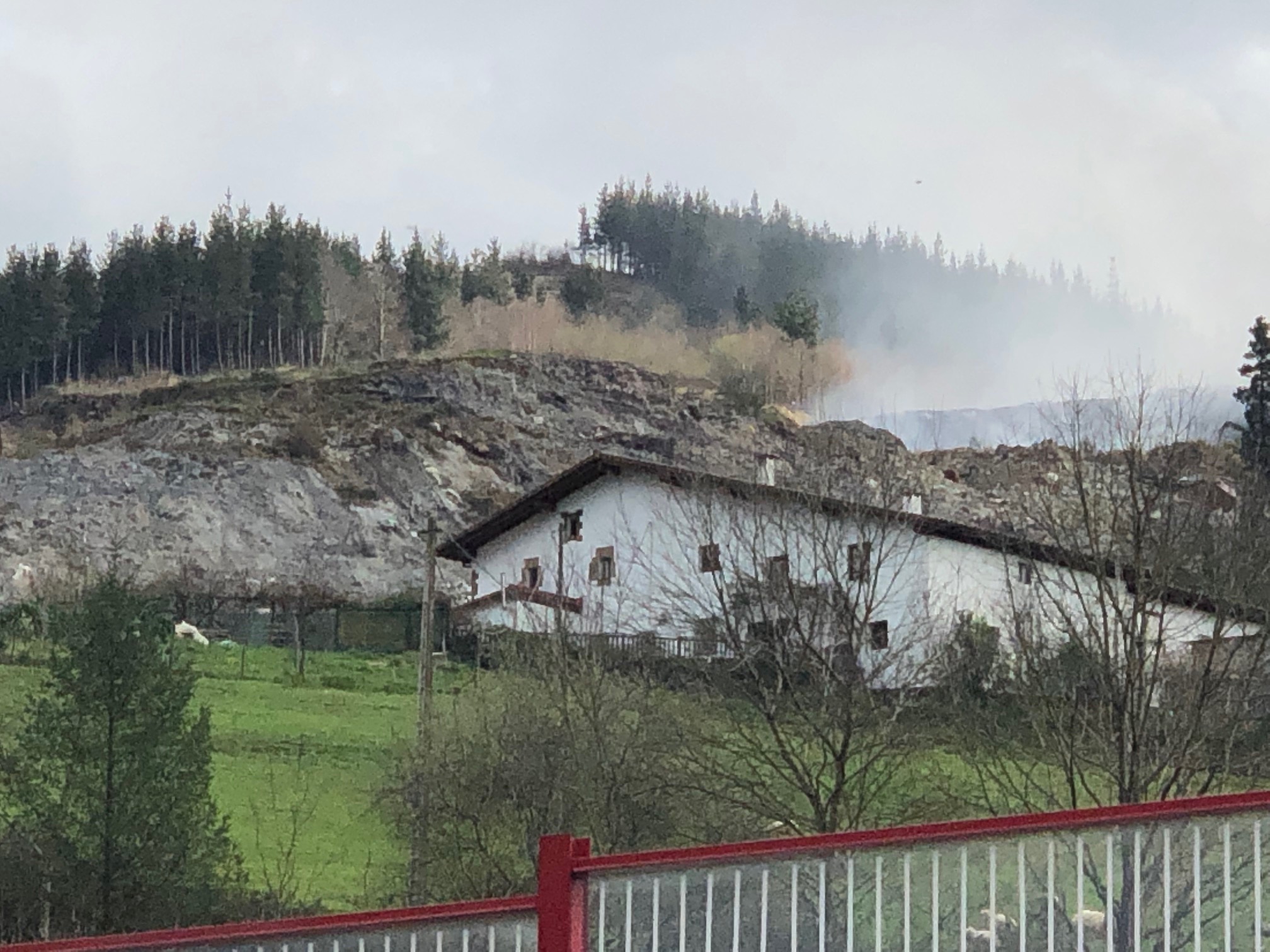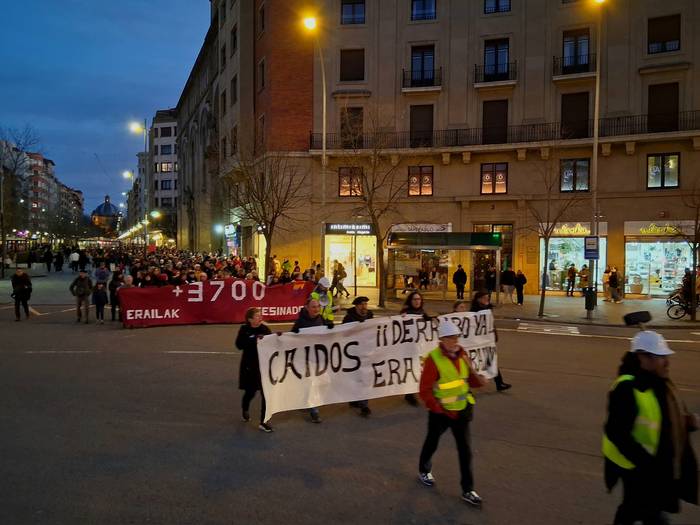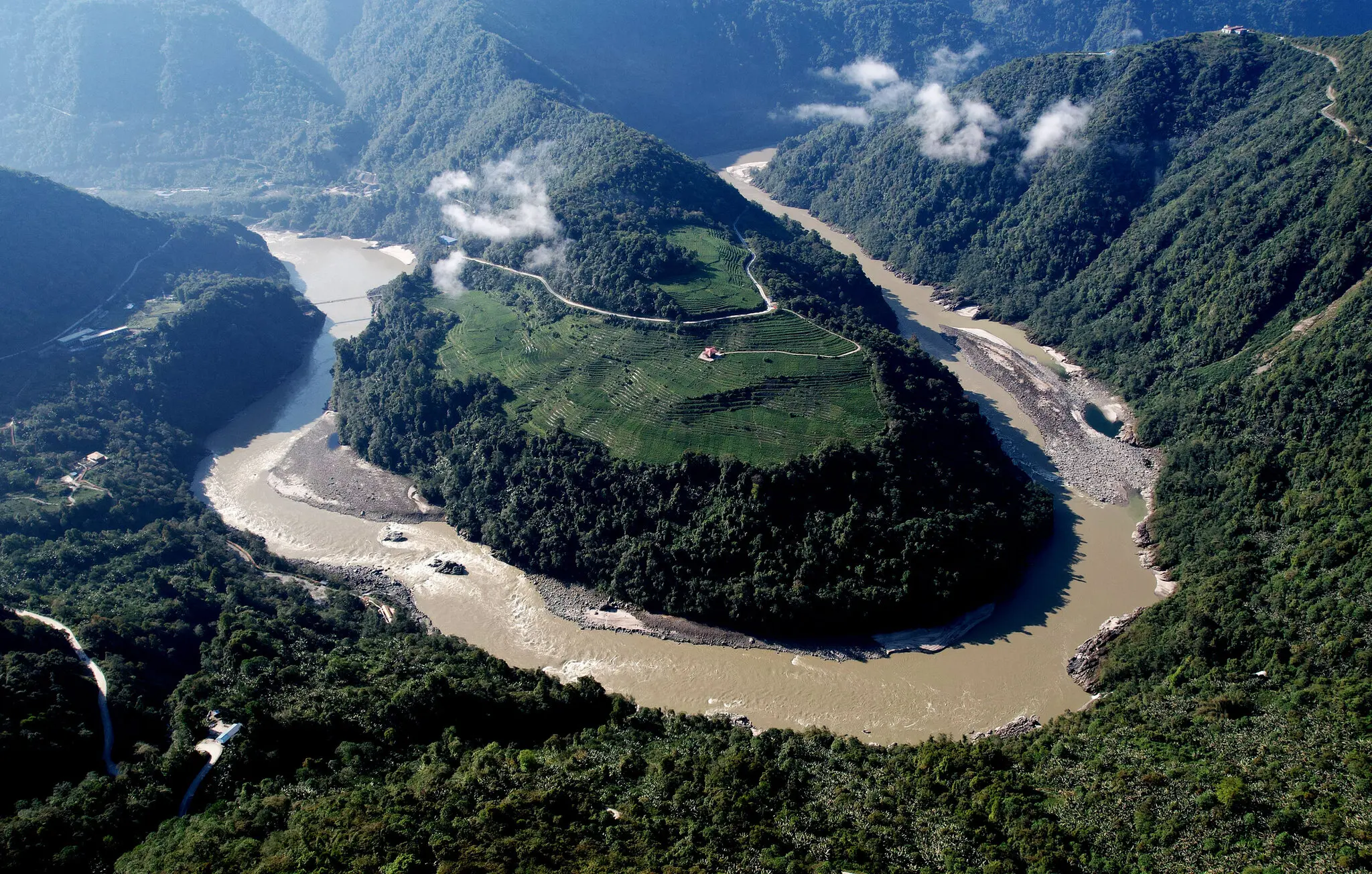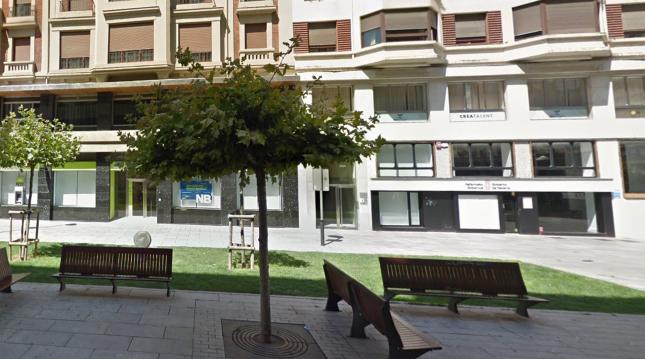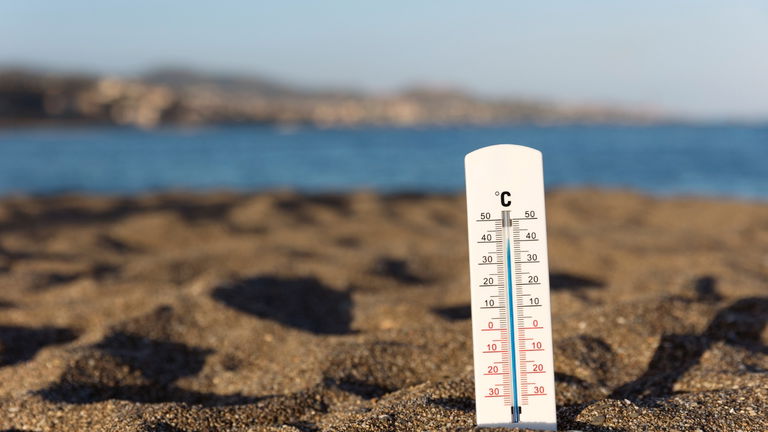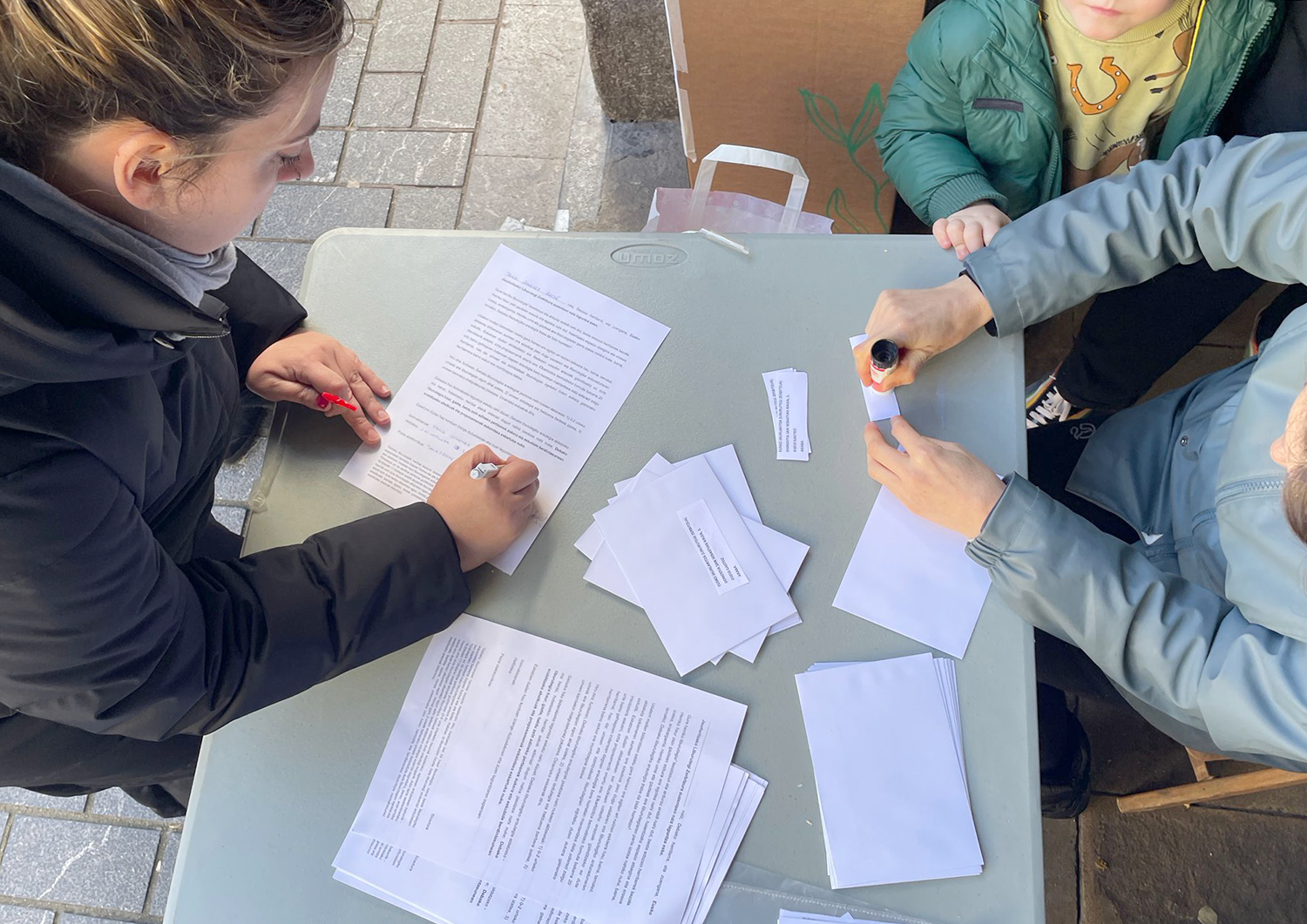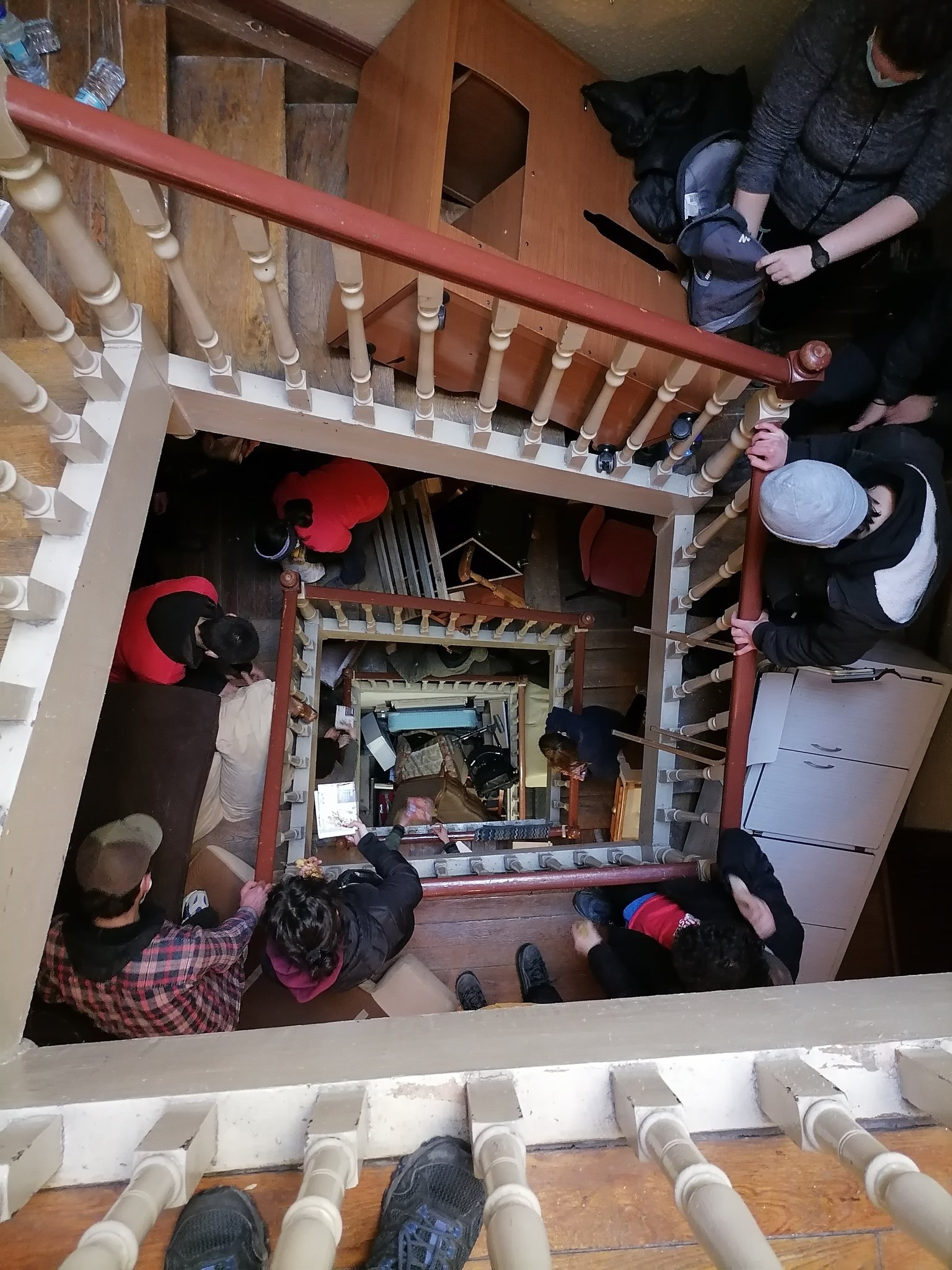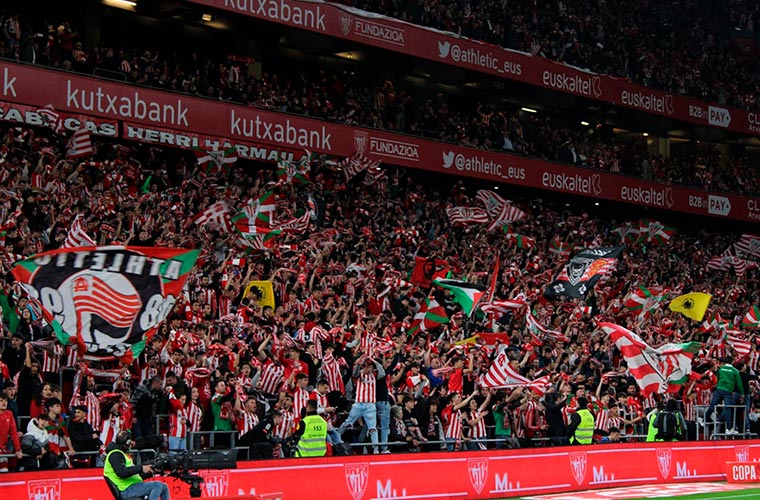Kenyans win the torture case of Mau Mau
- For the purposes of British colonialism, thousands of people were arrested and tortured in Kenya during the Mau Mau revolt (1952-1960). Three of them have brought the case to the British Supreme Court and have just won.
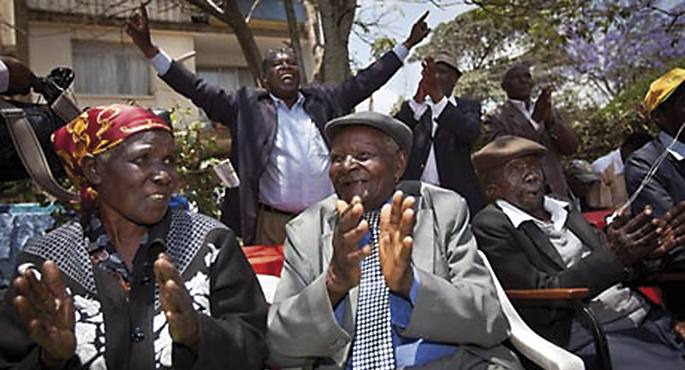
The three Kenyans won the historic legal battle against the British Government on 5 October. The British Supreme Court has today ruled that the torture was carried out during the Mau Mau Rebellion and that the British Government will now be asked for damages.
The British Government has based its defence on two main ideas: on the one hand, that too much time has passed for a fair trial; and on the other, that Mau Maue had to denounce the government of Kenya and not that of Britain. The Supreme Court of the country rejected the arguments and the case continues.
The Government's lawyer has admitted that the colonial authorities "tortured" the three citizens who have filed the complaint. His lawyer noted that they had suffered "untold acts of violence" such as fouling, blows and sexual assaults.
From this case, another 2,000 Kenyans may face up to the British Government. The figure of 70,000 people detained during the seven years of the rebellion, that of Mau Mau, appears to be still alive.
According to the English newspaper The Guardian, other communities mistreated in British colonialism are seriously considering the possibility of further allegations of these events. The members of the Eoka movement, who fought in Cyprus against British colonialism and for self-determination and reunification with Greece, are following closely the case of Mau Maun, according to the Chinese newspaper.
The ruling of 5 October last is the result of a three-year legal battle. The three criminals, all of them between the ages of 70 and 80, have been arrested early in the morning. Paulo Nzili, Wambugu Wa Nyingi and Jane Muthau Mara. Nzili says he was kidnapped and forced to participate in the Mau Mau revolt for six months. Nyingi and Maria say they never participated in the movimiento.En
April 2011, Nzili stated in the court that during his arrest white officers had beaten him, that Nyingi had severely beaten him in an event in which 11 people died and that Mary had been raped by British military. A fourth citizen has also been involved in this legal struggle since its inception, Ndiku Mutwiwa Mutua, but died in July 2011.
The trio wants the British Government to ask for forgiveness and to take measures to compensate the victims of torture economically at the time of the colony.
Last year the judge stated that “in the light of a few papers, it is clear that in the State of Emergency detainees were being systematically tortured.” Martyn Day, one of the veteran Kenyan lawyers, expressed satisfaction after the ruling: “This is a historic sentence that turns the world around and gives a lot to talk about for a few years. We hope that our Government will take honest measures and respond correctly to the requests made to it.”
The harsh verdict against Proces came out in October 2019 and that set Barcelona on fire. In this context, in the Spanish State, the following sentence was read in the right-wing press: “For the good of Spain, Barcelona should be bombed every 50 years.” It was the phrase of... [+]
The year 2025 will lead to a general policy of establishing shorter working weeks, bringing low costs for new hires for companies and an effective direction of change in labour relations.
With the aim of complying with the Spanish government agreement, the reform to shorten the... [+]
Iñigo Cabacas Herri Harmaila taldea eta Athleticen arteko harremana nahaspilatuta dago azkenaldian. Iñigo Cabacas Herri Harmailako Iñigorekin hitz egiteko aukera izan dugu astelehenean.









